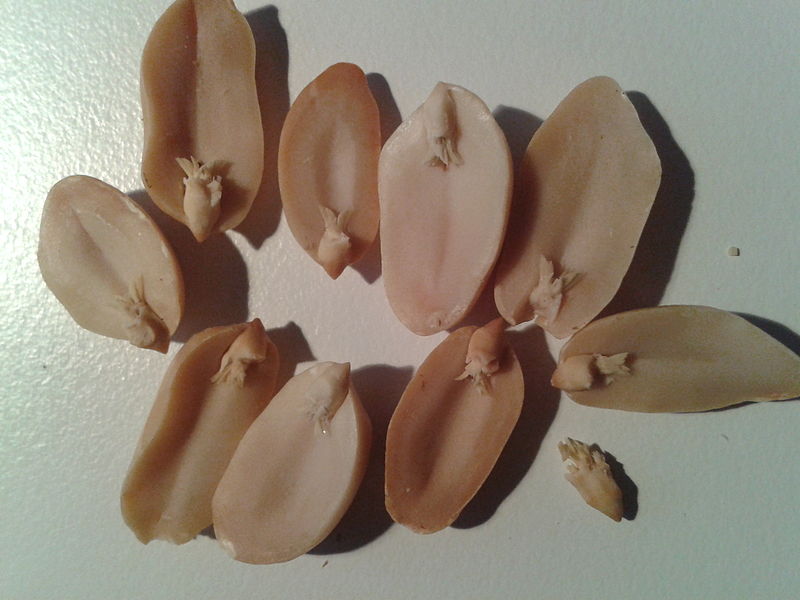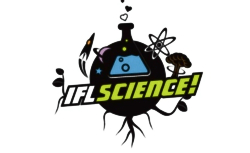This Womans Lung Transplant Gave Her A Peanut Allerg
Date: 2.1.2019
In terms of the effort-to-smugness ratio, becoming an organ donor is probably just about the best thing you can do with your time. But sometimes, in very rare cases, organ donation can have some unintended consequences. And for one patient in 2018, a life-saving lung transplant came with an unexpected price: a brand-new nut allergy.
 “Two weeks after the transplant, the patient developed acute respiratory failure immediately after consuming a peanut butter and jelly sandwich,” explains the case report, published in Transplantation Proceedings. “The recipient patient had never had allergies to peanuts or other nuts before her transplant.”
“Two weeks after the transplant, the patient developed acute respiratory failure immediately after consuming a peanut butter and jelly sandwich,” explains the case report, published in Transplantation Proceedings. “The recipient patient had never had allergies to peanuts or other nuts before her transplant.”
Although the patient, a 53-year-old woman suffering from emphysema, didn’t show the more common allergy symptoms such as a skin rash or stomach ache, doctors realized her breathing difficulties and chest tightness was an allergy after she told them when it started – just after she chowed down on a delicious PB&J.
The thing was, the woman had never had a peanut allergy before. But somebody else had – the 22-year-old man whose left lung had just been transplanted into her chest. As Dr Mazen Odish, one of the doctors who treated the woman, confirmed to LiveScience, the donor had given the woman not just an organ, but his nut allergy as well.
It’s very unusual for food allergies to be spread via organ donation, but it’s not unheard of. In 2016, a 46-year-old man was given a kiwi fruit allergy along with a bone marrow donation from his sister. And in 2003, one liver transplant recipient inherited the very nut allergy that killed the donor.























